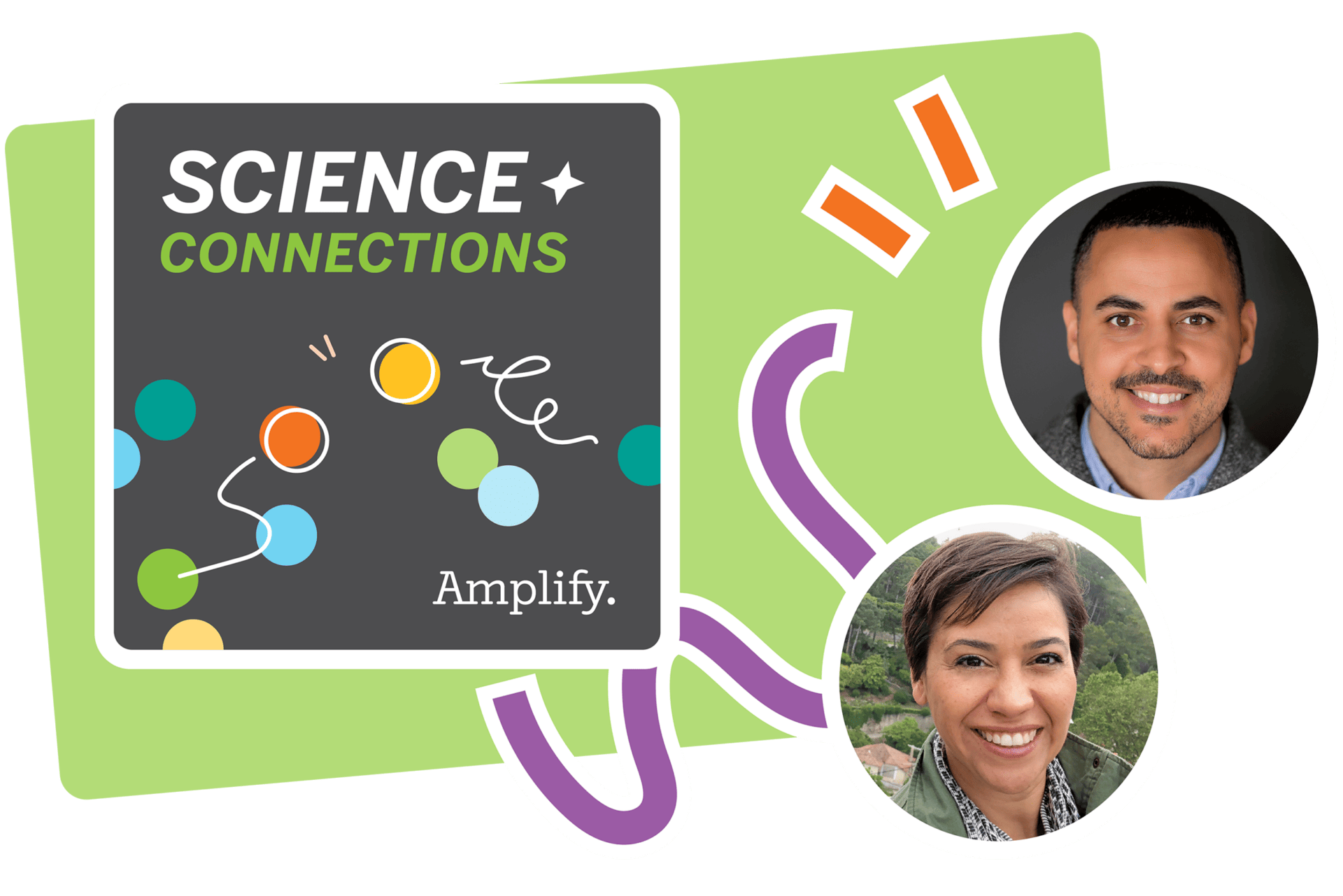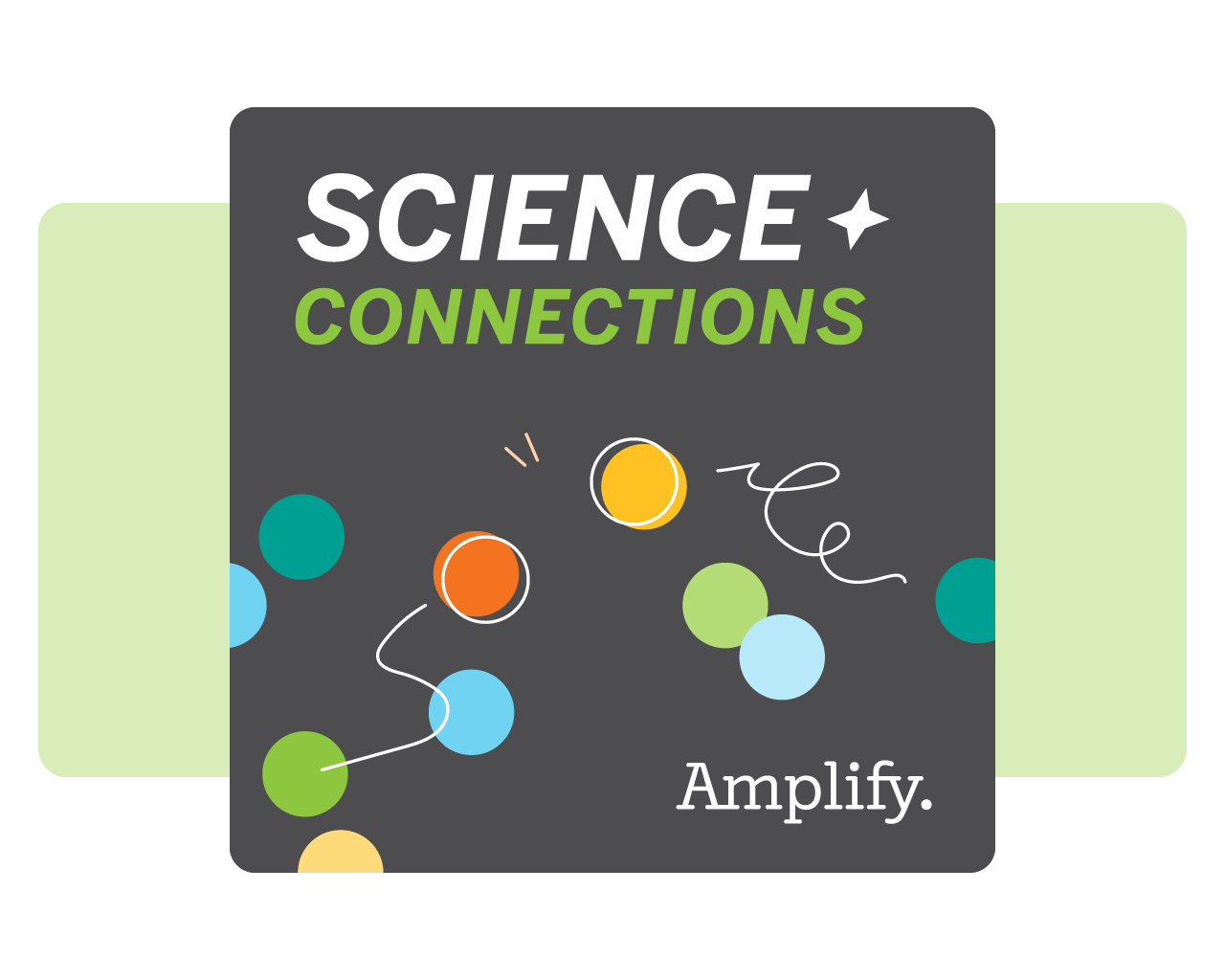
░┬▒ÔÇÖv▒ talked about how scientists need literacy skills in order to be scientists. They canÔÇÖt do their jobs without reading, writing, listening, and communicating.
Our recent webinar explored this intersection from a broader level: the power of language in the science classroom.
How can science teachers remove language barriers to make sure all students are able to access prior knowledgeÔÇöand acquire more? And how can teachers leverage language to create optimal learning conditions for their science students? Why should they?
LetÔÇÖs find out what webinar co-hosts Eric Cross and Susan Gomez Zwiep, Ph.D., had to say!
Language and science sense-making
Contrary to stereotype, scientists arenÔÇÖt just loners in labs. Susan Gomez Zwiep, former middle school science teacher and senior science educator at BSCS Science Learning, credits a colleague with this pearl: ÔÇťIf IÔÇÖm just doing science myself, and not talking to anybody, thatÔÇÖs not science. ThatÔÇÖs just me in my head.ÔÇŁ
So science teachers need to give students every possible opportunity to get out of their heads. And if language is a barrierÔÇöwhether students are learning English, or challenged by science vocabÔÇöteachers can help remove it.
This principle is especially important in the context of phenomena-based learning, says Gomez Zwiep. ÔÇťRather than telling students ideas, and then proving those ideas correct by showing them a phenomenon, we show them the phenomena and engage them in science sense-making to develop that understanding,ÔÇŁ she says. ÔÇťLanguage is central to science sense-making and communicating that sense-making.ÔÇŁ
Students also bring their prior knowledge to scientific sense-making. And, as Gomez Zwiep points out, prior knowledge is often embedded in the language a student uses at home, or just their own non-scientific vernacular. ÔÇťI have to use that when I first engage with the phenomenon,ÔÇŁ she says. ÔÇťOtherwise, I’m limiting the resources that kids bring to the learning environment.ÔÇŁ
Language in a ÔÇťsafeÔÇŁ science classroom
ÔÇťIf I had to learn science in my second language, I would be struggling with not only everyday vocabulary, but also content-specific vocabulary,ÔÇŁ says Eric Cross, host of ÂÂϧ│╔╚╦░ŠappÔÇÖs Science Connections podcast. ÔÇťYou would never actually know what I knew or what I was bringing to the table.ÔÇŁ
The goal is to create an environment where students feel comfortable exploring, using whatever language is accessible to them, and then guiding them to conclusionsÔÇöand precise scientific language. ÔÇťA classroom requires trust. It requires relationship building,ÔÇŁ says Gomez Zwiep. ÔÇťIf a student is worried about saying something a particular way, thatÔÇÖs where all their cognitive energy is going instead of actually talking about the science.ÔÇŁ
The key? Put scientific ideas first, and the language will come. ÔÇťWe used to wait until kids had English in order to learn science. And now we’re starting to see that language emerges from learning experiences,ÔÇŁ says Gomez Zwiep. ÔÇťSo it’s a product of learning, not a prerequisite.ÔÇŁ
Literacy in your science classroom
You can integrate science and literacy right away, starting with .
Explore more:
Science blogs
- “Science or literacy instruction? You donÔÇÖt have to choose!ÔÇŁ
- “Instructional strategies for integrating literacy into your science classroomÔÇŁ
Science Connections podcast episodes
- S3, E2: How science strengthens literacy and language development
- S3, E3: Instructional strategies for integrating science and literacy
